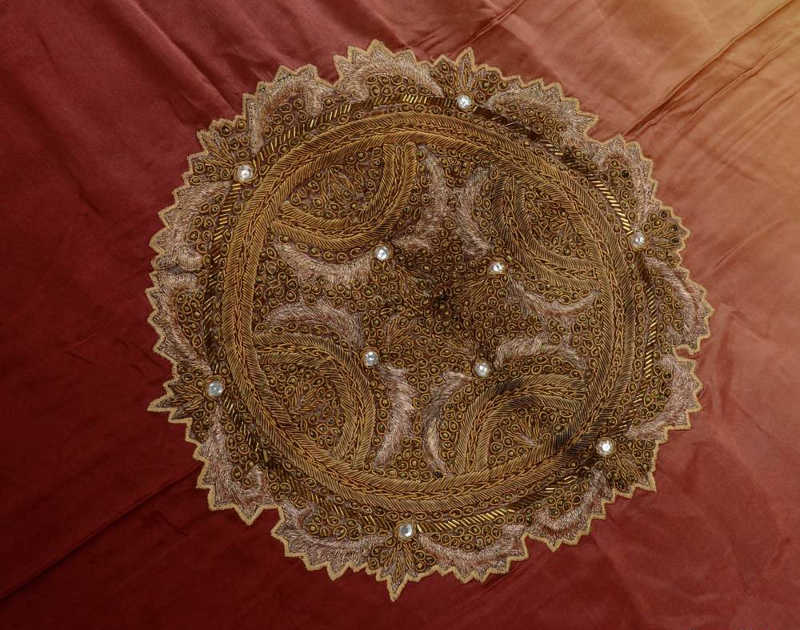===
0867,
9
===

=== |
 |
ḳhushk : 'Dry; parched; withered; —pure, mere, plain, bare'. (Platts p.490)
par : 'A wing; a feather; a leaf'. (Steingass p.239)
kāh : 'Grass; dried grass; straw'. (Platts p.808)
FWP:
SETS == DOUBLE ACTIVATION; NEIGHBORS
MOTIFS
NAMES
TERMS == IDIOMIn the first line, par-e kāh looks like a 'leaf of dried grass', which is indeed a fine image for the 'withered' lover. Not until we are allowed-- after the usual mushairah-performance delay-- to hear the second line do we encounter the lovely, idiomatic wordplay of havā meñ uṛnā , so that we retrospectively also read par as 'wing, feather'. The verse thus elegantly activates both senses of par .
Would Mir call himself 'Mir-ji'? To me it seems more probable that the speaker is someone else, talking about Mir. The plural forms make the utterance sound polite, with the criticism in it ('he's become arrogant') tempered by compassion ('he's skinny and dried-up'). Isn't that just the tone Mir's neighbors often use when speaking about him?